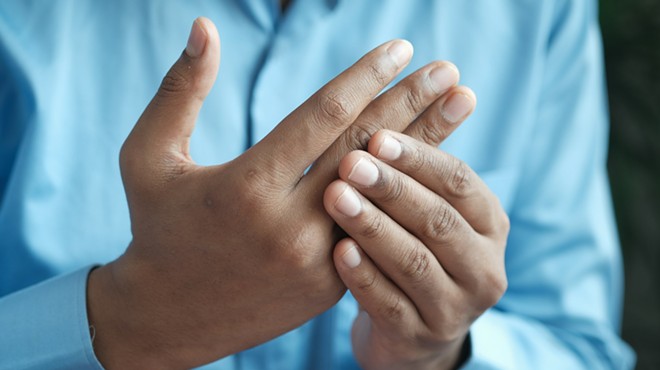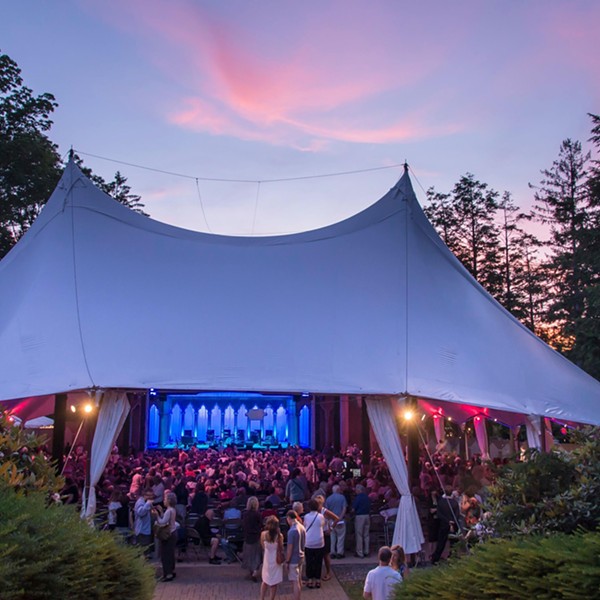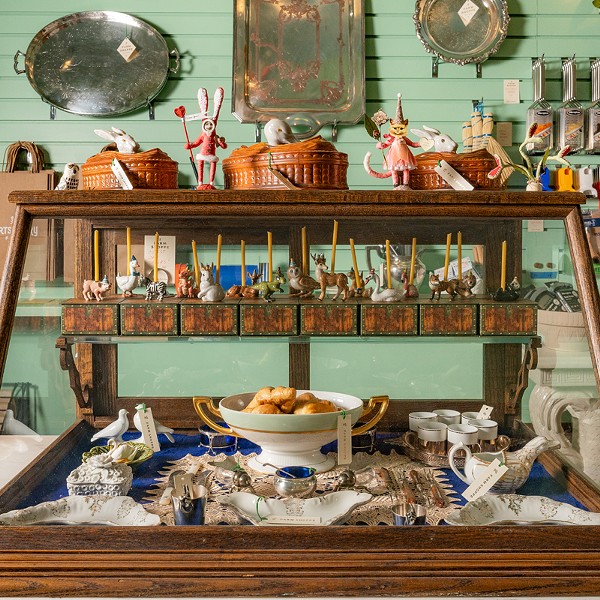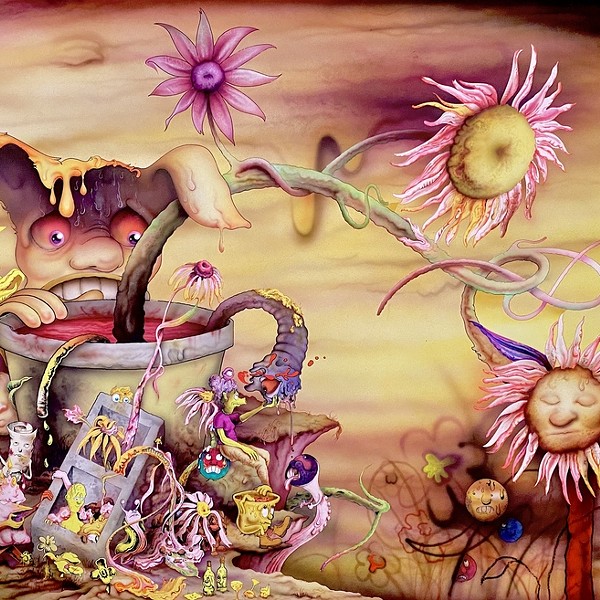Jo Salas’s group, Hudson River Playback Theatre (HRPT), has emphasized the community-healing power of playback. “From the beginning of playback we were aware that a great deal of what is unfair and unfortunate in society is the result of people not listening or understanding each other,” says Salas. “So there was a vision of using this as a community catalyst to develop tolerance and respect and justice. We wanted to create a forum for communication and integration of experience. You tell people what happened to you in the context of community dialog and ritual, and it has a healing function.” October’s public session is about climate change, where anyone can tell and watch stories about how it’s impacting their daily lives.
A prominent way Salas’ group is putting that into action is through the Immigrant Stories project, funded by the Dyson Foundation. “It’s a forum in which people who are not heard and not respected have a chance to tell their stories and gain a public voice. We do this because we feel the stories are very important, and offer immigrants a chance to see their experience embodied in theater. It has proved to be an amazing opportunity for people who are not immigrants to understand immigrants and why they came—the truth as opposed to the myth. Even those who have some degree of acceptance of the immigrant community are very often blown away by what they hear, which tremendously deepens their comprehension and compassion.” The first 20 performances (out of 55, and counting) have been transcribed into an illustrated book, Half of My Heart/La Mitad de Mi Corazón (available at www.hudsonriverplayback.org).
The other major project of HRPT is in schools, addressing bullying. “We’ve worked with about 20,000 kids,” says Salas, “going in with the goal of empowering kids to stand up for what’s right. It gives children an opportunity to tell and watch stories that have happened to them. Our work is based on extensive research about bullying that shows that the main opportunity to have an impact on it lies with kids who are the witnesses. We do some role-playing where they get to explore what they can do. They leave with some pretty specific tools.”
An international playback network has also developed, spreading to nearly 50 countries. “It’s been a very grassroots kind of movement,” says Fox. An international crowd signs up to learn from the School of Playback Theatre, founded in 1992 by Fox and Salas. “It’s fascinating who comes,” says Fox. “People who are involved in community development or communication see playback as a way to bring out voices.” He cites examples from this year’s just-completed five-week training: someone wanting to use playback to help a group of homeless people in Washington State, someone involved in bringing a lost tribe of Jews from India to Israel, and a town planner from Louisiana who is concerned about the fishermen who have been having a hard time since hurricane Katrina, and whose stories are not being told.
PSYCHODRAMA
Imagine a difficult scene from your past whose memory still lingers, leaving traces of wounding to this day. Perhaps it was a single event, like a painful breakup that ended not just that relationship but also trust in others. Or maybe it was a drawn-out experience, like a childhood of powerlessness and fear that now undermines building a fulfilling life. One-on-one psychotherapy that involves analyzing one’s history and expressing feelings can be inestimably helpful in uncovering these experiences and dismantling their power. Several therapists recognize, however, that additional healing modalities can deepen recovery and growth in ways that discussion cannot. One of these modalities is psychodrama.
















